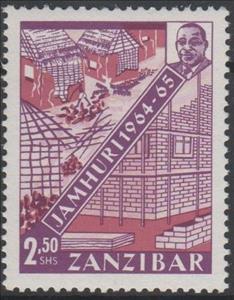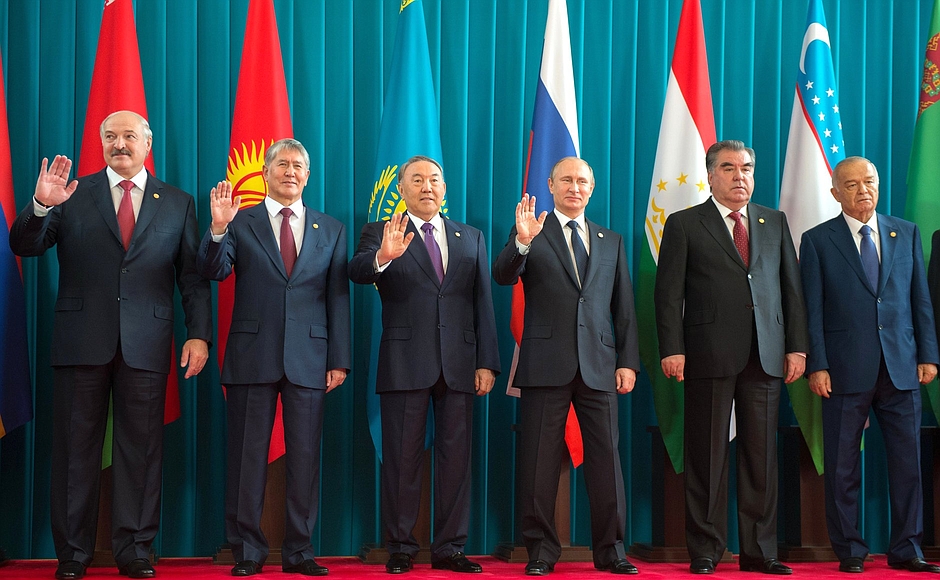Stamp: Building construction (Zanzibar 1965)
Building construction (Zanzibar 1965)
12 January (Zanzibar ) within release First anniversary of the revolution goes into circulation Stamp Building construction face value 2.50 Zanzibari shilling
| Stamp Building construction in catalogues | |
|---|---|
| Michel: | Mi: TZ-ZB 319 |
| Stanley Gibbons: | Sg: TZ-ZB 451 |
Stamp is square format.
Also in the issue First anniversary of the revolution:
- Stamp - Soldier and map face value 20;
- Stamp - Reconstruction face value 30;
- Stamp - Building construction face value 2.50;
- Stamp - Soldier and maps face value 1.30;
Stamp Building construction it reflects the thematic directions:
An anniversary is the date on which an event took place or an institution was founded in a previous year, and may also refer to the commemoration or celebration of that event. For example, the first event is the initial occurrence or, if planned, the inaugural of the event. One year later would be the first anniversary of that event. The word was first used for Catholic feasts to commemorate saints. Most countries celebrate national anniversaries, typically called national days. These could be the date of independence of the nation or the adoption of a new constitution or form of government. The important dates in a sitting monarch's reign may also be commemorated, an event often referred to as a "Jubilee".
A head of state (or chief of state) is the public persona that officially represents the national unity and legitimacy of a sovereign state. In some countries, the head of state is a ceremonial figurehead with limited or no executive power, while in others, the head of state is also the head of government. In countries with parliamentary governments, the head of state is typically a ceremonial figurehead that does not actually guide day-to-day government activities and may not be empowered to exercise any kind of secular political authority (e.g., Queen Elizabeth II as Head of the Commonwealth). In countries where the head of state is also the head of government, the president serves as both a public figurehead and the actual highest ranking political leader who oversees the executive branch (e.g., the President of the United States).
A house is a single-unit residential building. It may range in complexity from a rudimentary hut to a complex structure of wood, masonry, concrete or other material, outfitted with plumbing, electrical, and heating, ventilation, and air conditioning systems. Houses use a range of different roofing systems to keep precipitation such as rain from getting into the dwelling space. Houses generally have doors or locks to secure the dwelling space and protect its inhabitants and contents from burglars or other trespassers. Most conventional modern houses in Western cultures will contain one or more bedrooms and bathrooms, a kitchen or cooking area, and a living room. A house may have a separate dining room, or the eating area may be integrated into the kitchen or another room. Some large houses in North America have a recreation room. In traditional agriculture-oriented societies, domestic animals such as chickens or larger livestock (like cattle) may share part of the house with humans.



